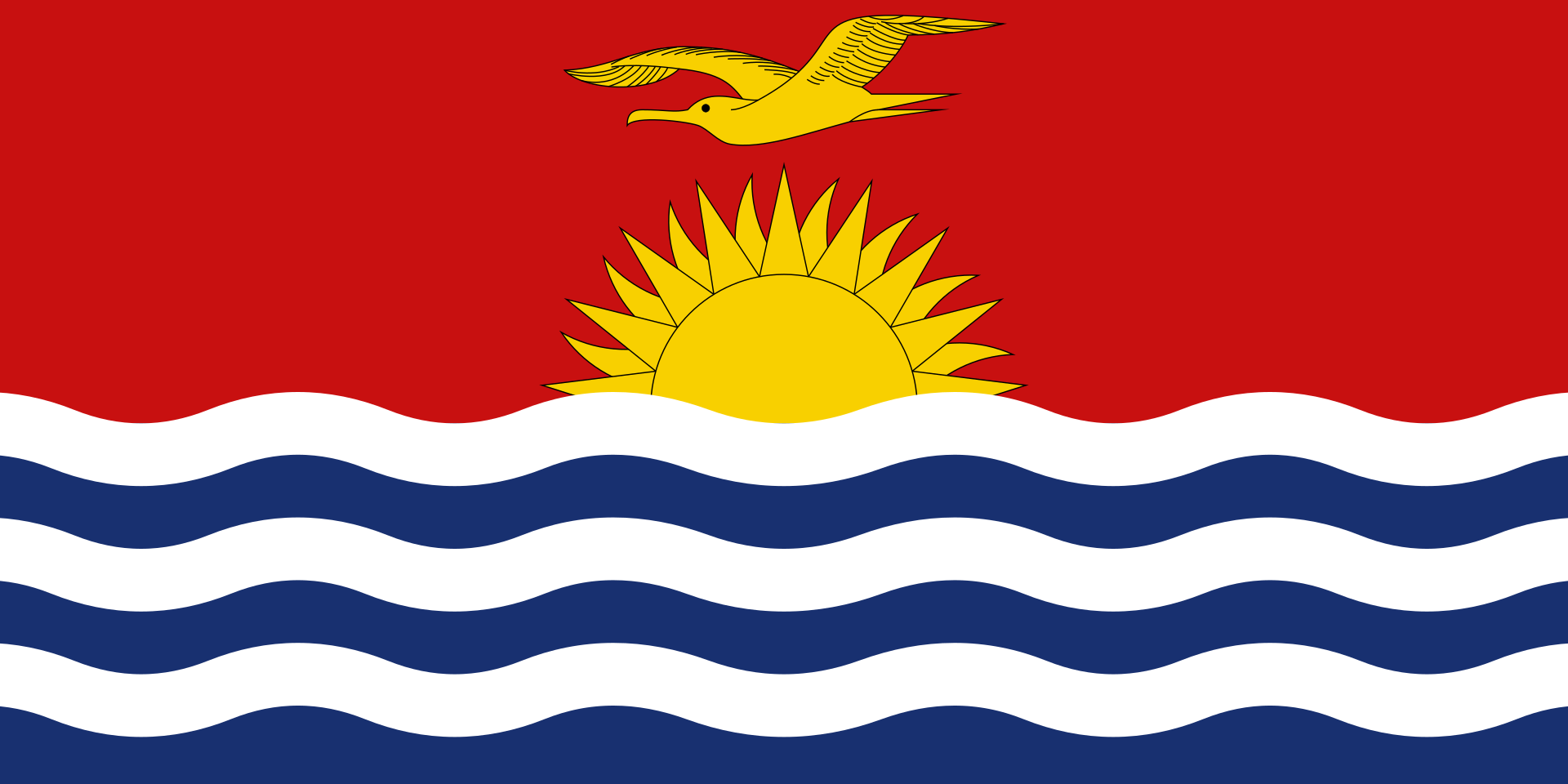Population
214,592,195
Last updated:
1 NovArea
8,515,767 km2
Last updated:
1 NovCurrency
Real (R$) (BRL)
Last updated:
1 NovOfficial Language
Portuguese
Last updated:
1 NovPhone code number
+55
Last updated:
1 NovInternet TLD
.br
Last updated:
1 NovAverage monthly salary
3,200 $
Last updated:
1 NovTotal millionaires
207,000 persons
Last updated:
1 NovTotal billionaires
65 persons
Last updated:
1 NovMilitary power
Passport rank
20
Last updated:
1 NovVisa free
170 country
Last updated:
1 NovReligions in Brazil
88.8% Christianity
64.6% Roman Catholic
22.2% Protestant
2.0% Other Christian
8.0% No religion
2.0% Spiritism
1.2% Other
Info about Brazil (History)
Brazil is the largest country in South and Latin America. Covering 8.5 million square kilometers (3.3 million square miles) and with a population of over 211 million, Brazil is the fifth largest country in the world by land area and the sixth largest by population. Its capital is Brasilia, and the most populous city is São Paulo. The Federation consists of a union of 26 states and the Federal District. It is the largest country in which Portuguese is the official language and the only one in the Americas; it is also one of the most multicultural and ethnically diverse nations due to over a century of massive immigration from around the world; and also the most populous country with a Catholic majority.
Brazil borders the Atlantic Ocean to the east with a coastline of 7,491 km (4,655 mi). It borders all other South American countries except Ecuador and Chile, and occupies 47.3% of the continent's area. Its Amazon basin includes a vast rainforest home to a variety of wildlife, many ecological systems, and vast natural resources spanning numerous protected habitats. This unique environmental heritage makes Brazil one of 17 countries with great diversity and significant global interest, as environmental degradation from processes such as deforestation directly impacts global issues such as climate change and biodiversity loss.
Numerous tribal peoples inhabited Brazil until explorer Pedro lvarez Cabral in 1500, who claimed this territory for the Portuguese Empire. Brazil remained a Portuguese colony until 1808, when the empire's capital was moved from Lisbon to Rio de Janeiro. In 1815, the settlement was elevated to the rank of a kingdom after the formation of the United Kingdom of Portugal, Brazil and the Algarve. Independence was achieved in 1822 by creating the Brazilian Empire, a unitary state with a constitutional monarchy and parliamentary system. The ratification of the first constitution in 1824 led to the formation of a bicameral legislature, now called the National Congress. The country became a presidential republic in 1889 after a military coup. An authoritarian military junta came to power in 1964 and ruled until 1985, after which civilian rule resumed. Brazil's current constitution, formulated in 1988, defines it as a democratic federal republic. Due to its rich culture and history, the country is ranked thirteenth for the number of UNESCO World Heritage Sites.
The World Bank classifies Brazil as an upper middle income and emerging industrial country with the largest share of the world's wealth in South America. The government is considered a developed emerging economy with the twelfth place in terms of GDP in nominal terms and eighth in terms of PPP. It is one of the world's most enormous granaries and the largest coffee producer in the last 150 years. Brazil is a regional and middle power and is also classified as an emerging power. However, the country retains a high level of corruption, crime and social inequality. Brazil is a founding member of the United Nations, the G20, BRICS, Mercosul, the Organization of American States, the Organization of Ibero-American States and the Community of Portuguese-Speaking Countries.
Important information about Brazil
1- What is the population of Brazil?
answer: The total population of Brazil is 214,592,195 in 2021.
2- Who is the president of Brazil?
answer: Jair Bolsonaro is the current president of Brazil.
3- What is the area of Brazil?
answer: The total area of Brazil is 8,515,767 km2 .
4- What is the official language of Brazil?
answer: The official language of Brazil is Portuguese .
5- What is the currency of Brazil?
answer: The currency of Brazil is Real (R$) (BRL) .
6- How much is the average salary in Brazil?
answer: The average salary in Brazil is 3200$ in 2021.
7- What is the passport rank of Brazil?
answer: The passport rank of Brazil is 20 in 2021.
8- How many countries we can travel with passport of Brazil without visa?
answer: You can travel to 170 countries with passport of Brazil .
9- What is the phone number code of Brazil?
answer: The phone number code of Brazil is +55 .
10- What is internet TLD of Brazil?
answer: The internet TLD of Brazil is .br
11- How many billionaires are in Brazil?
answer: The total number of billionaires in Brazil is " 65 person" in 2021.
12- How many millionaires are in Brazil?
answer: The total number of millionaires in Brazil is " 207,000 person" in 2021.





